18 Mindful Habits That Help Me Practice Minimalism
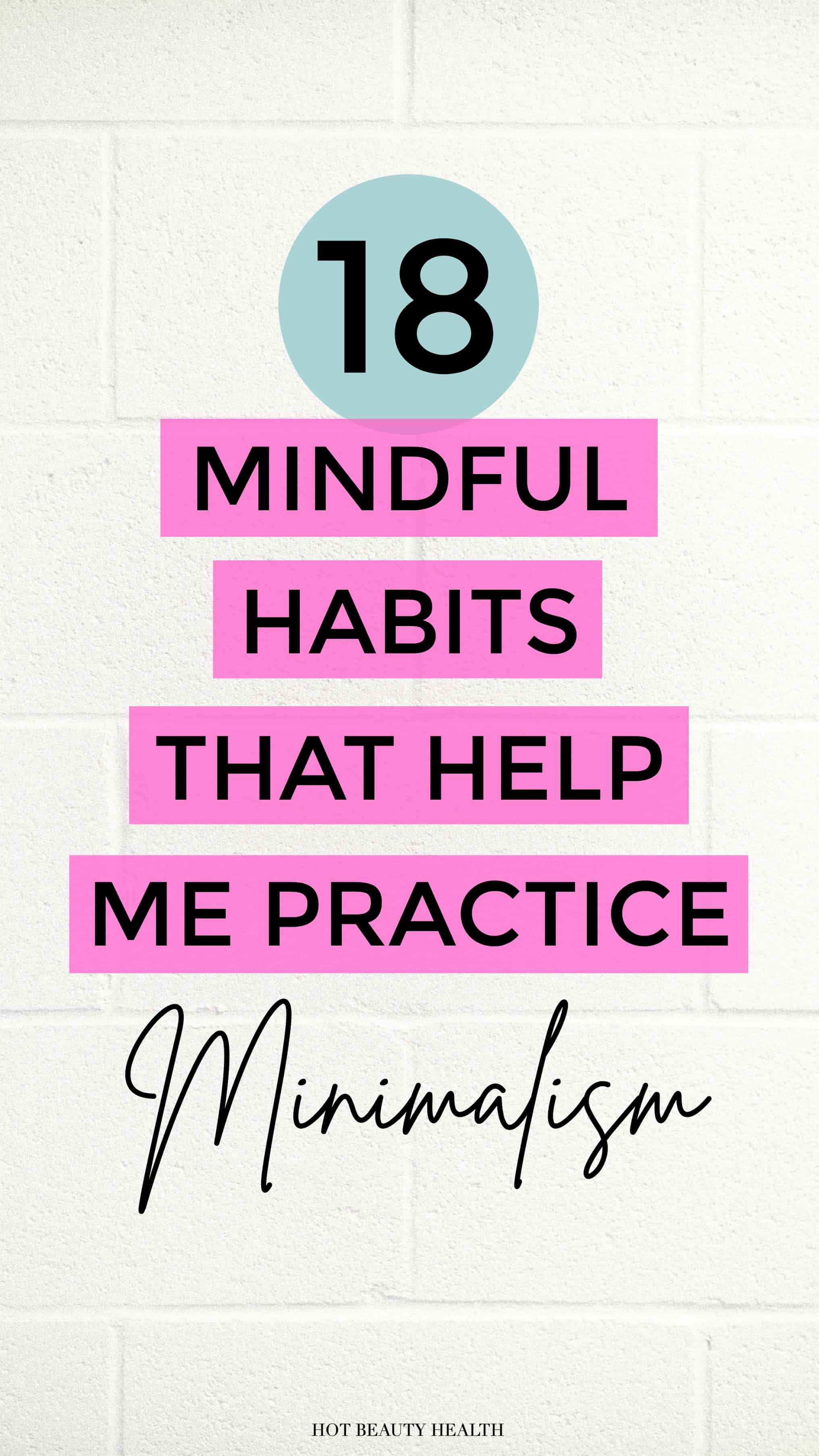
At its core, minimalism is the practice of intentionally living with only the things that you need. The practice is marked by simplicity, purpose and clarity. I’m interested in a more minimalistic mindset thus I keep things I value most and remove everything else that distracts me from these things. This lifestyle forces intentionality and in so doing, it forces positive developments in virtually all aspects of our lives. Here’s a comprehensive list of 18 mindful habits that help me practice minimalism:
1. I Identify Stress Triggers
It is important to recognize when your reactions to certain things are not so healthy. To do that, I identify my social triggers. For example, if I experience social awkwardness at a party or other social gathering and feel compelled to retreat to the bathroom, I recognize it for what it is, inhale deeply and actively engage my coping mechanisms. This could involve affirmations and breathing exercises.
2. I Release Relationships that are no Longer Serving Me
Whether it is a friend who influences you to behave in a manner that is unlike the person you truly are or want to be, a co-dependent ex-lover who texts you inappropriately when he or she is feeling lonely, or a doctor who makes you feel rushed and uncomfortable, it is tremendously important to let go of that relationship as it no longer serves you. Regardless of who it is, you should remind yourself that life is short and there is absolutely no need to waste time on anyone who is no longer a good fit.
3. I Evaluate Commitments
I write down all my regular commitments, which include side projects, memberships and other responsibilities. Then I get real honest and decide which of them I keep up solely out of obligation and the ones I really enjoy and are truly meaningful to me.

4. I Define My Goals for Different Periods Throughout the Year
I find that setting goals keeps me from living in a passive, reactive manner. This helps me in aligning my daily actions with my true priorities. On certain days, I set aside a minimum of 30 minutes to choose 1 to 3 goals for the year or set short-term goals for a month or a quarter.
READ: 10 Goals Every Girl Boss Should Set For Herself
5. I Turn Notifications Off
There is no need to access or respond to every single email the second it reaches your inbox or maybe you do. However, you certainly do not need to see every single ‘like’ you get on Instagram or each news notification. As such, you should turn them off or go a step further and turn off your cell phone on occasion.
6. I Do Nothing
For an entire day, an hour, ten minutes or whatever you need, you should just drop everything, lay back and remind yourself that you do not have to be going somewhere or doing something at all times. Spend some time alone, without background noise from the television or Internet. Pay close attention to what complete solitude feels like; you can even write down your thoughts afterwards.
7. If I Catch Myself Thinking Negatively, I Write Something Positive
Every time you think someone is more competent than you are, with no basis for that thought or you scoff at a part of your body you are unsatisfied with, find an empty page in your notebook or buy a new one and write down the opposite thought to counteract with positivity. Express gratefulness for that part of your body and the function it performs and affirm yourself that you are competent and awesome overall.
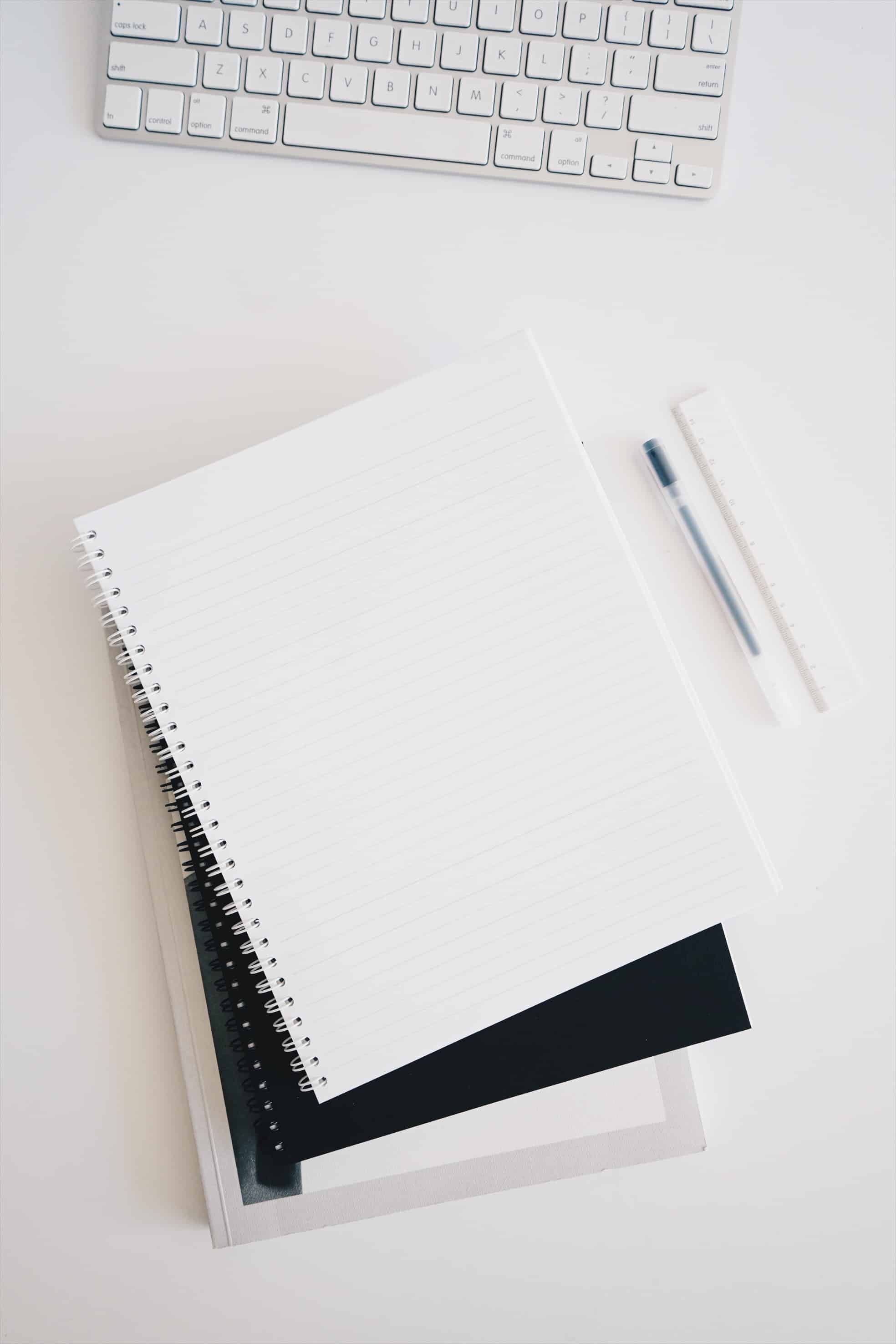
8. I Go Through My Electronic Devices
You can start by going through your phone and/or camera and deleting duplicates and unflattering photos of yourself and others. You should also delete screenshots of things you no longer need. Clean up your desktop, delete files you no longer need and set up an easy, no-fuss folder arrangement.
9. I Clean the Food Pantry Fairly Regularly
You should get rid of the snacks you keep just in case you need comfort food. While you are at it, you should throw out spoiled and expired food items. If there is anything in there that you’ve tried more than once and still don’t like, gift it to a loved one or just throw it away.
10. Every Item Is Purposefully in its Place
With everything in its place, each item will be easier to find and cleaning and maintaining the home will be more convenient. However, it sounds a bit boring, especially if there is no purpose behind where the items are placed. Making each placement purposeful is a remarkable way of practicing minimalism at home.
Is the purpose of this item best served in its current location? If not there, then where? I now de-clutter easily when a difficult choice about what to let go would usually challenge me. Why should my walls be lined with items I do not care about and I have to lug around every time I move? Goodbye stress and hello to peaceful and purposeful mindfulness.
11. I Use Apps to Manage Bills and Banish Junk Mail
Junk mail and bills can pile up fast. Since I need to pay bills on time for the utilities to stay on, I subscribe to receiving paperless billing and phone notifications. The bills come via status alerts through company apps or mails. Some bank apps even enable you to set bill reminders and automated payments.
A great way to practice minimalism is to register on DMAchoice and, for a small fee, unsubscribe from postal junk mail. You will be able to select what you want to get. A mail-in form can be filled out too but the faster solution is offered online.
Organizing and answering paper mail can be stressful and add to the chaos and clutter of life. Using an app instead makes me more eco-friendly and a lot less stressed. My bookshelves are filled with essays, curated works of poetry, meaningful knickknacks from my travels and photos, with each item having its place and purpose. While at home, I find my keys easily and mindfully navigate my daily life.
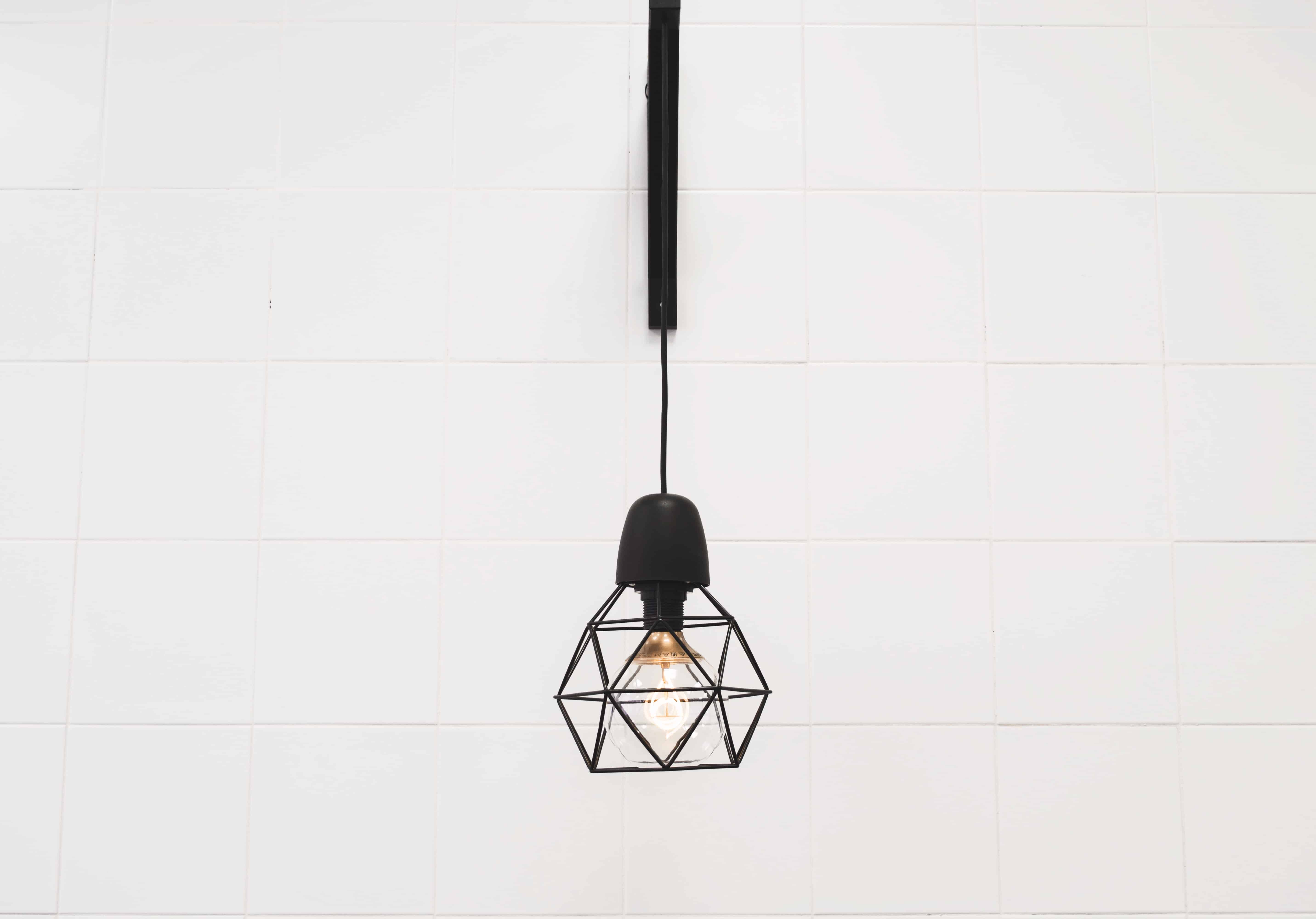
12. I Vow to Stop Using Crutch Phrases
“It’s okay, never mind,” “I’m so busy” and “No problem, I can help” are all phrases that have their place and time; however, they are often said out of poor habit or in pushover mode. There are times when it is not fine and we shouldn’t help. Check yourself and use a phrase that truly reflects your feelings.
13. I Examine Daily Habits
Take a close look at your normal habits; observe things like your morning routine, how you operate during the day and your evening habits. Which practices need improvement, which new ones could you adapt and which should you drop?
READ: 4 Healthy Changes I’m Making To My Morning Routine
14. I Institute a No-complaint Day
Complaining facilitates negative thought patterns and is never productive. Challenge yourself not to complain about anything today; either find a solution or accept the situation and move forward.
15. I Use Dish Washing as an Opportunity for Mindful Meditation
Another method I use to practice minimalism is through dish washing. It prompts me to stop trying to control things beyond my control and provides me with a temporary escape from the rest of the world. If your mind is immersed in stress and you’re not at home in your own body, you will lose out on how approaching mundane chores mindfully can boost your feelings and inspire you.
I also find that I don’t need all the fancy appliances. For example, a big enough pot easily takes the place of a large mixing bowl. Dish washing provides me with a moment of awareness and helps me in realizing extra stuff does not make me happy.
16. I Identify 3 to 5 Main Priorities
Above all else, mindful minimalism is about determining the most important things in your life and finding ways of adding more of those to your everyday routine. Dig deep today and create a list of 3 to 5 top priorities in your life.
17. I Do Not Engage in Emotional Spending
Break the unhealthy cycle of spending emotionally by going on a 24-hour shopping fast. Do not purchase anything, not even essentials, for an entire day and see how it feels. This works best if you prepare in advance.
18. 15-minute Meditation
Meditation lessens anxiety and stress and provides mental clarity and tons of additional energy. If you do not know where to start, you can use an app and give it a go. Some of my favorites ones are The Mindfulness App, Headspace, and Calm.
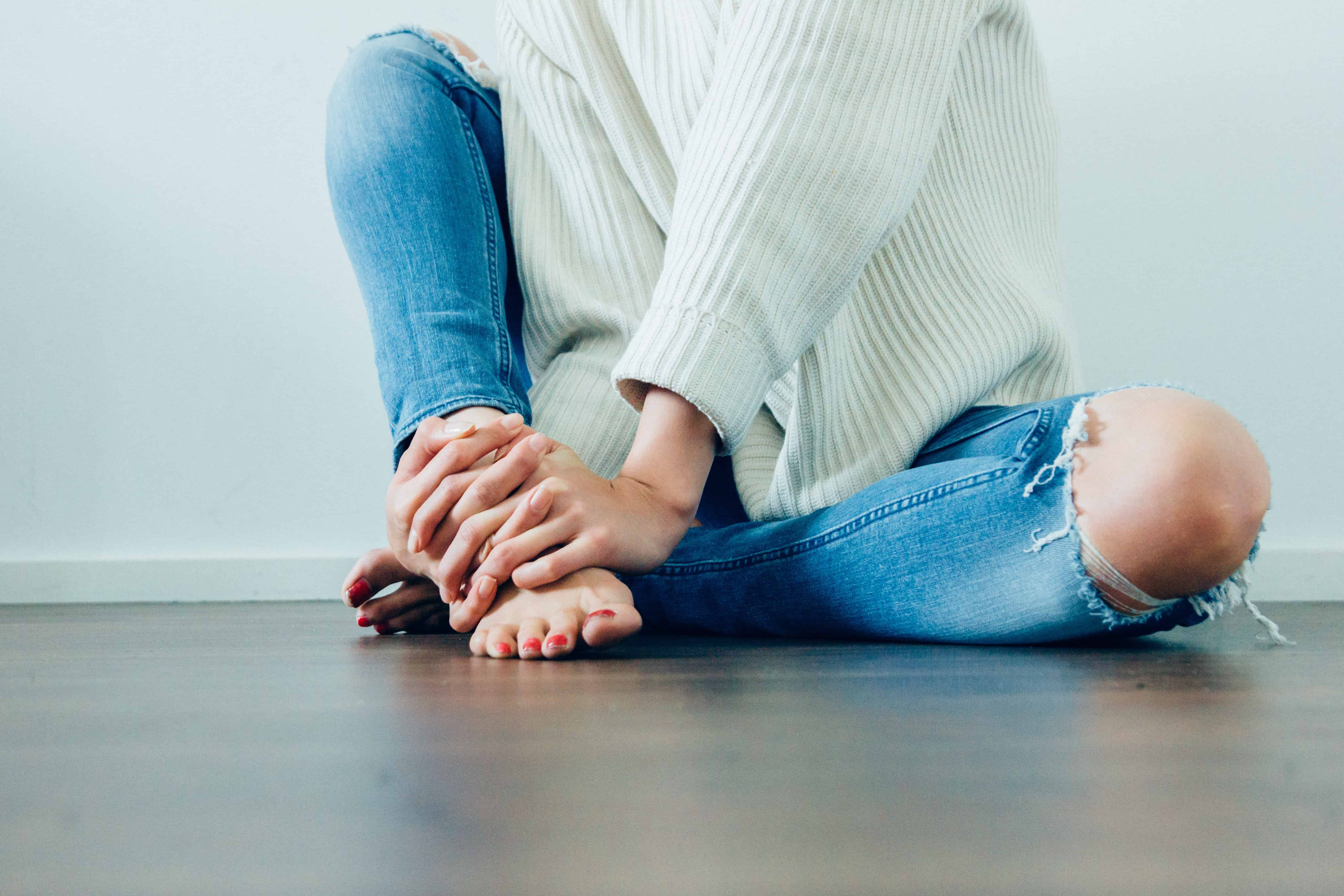
Benefits of Mindful Minimalism
1. It Debunks Myths and Promotes Freedom
For quite some time, modern culture has been promoting the falsehood that owning as much as possible is what the good life is about. There is a common belief that having more is better and many have unintentionally subscribed to the concept that happiness can be bought; however, this is incorrect. Minimalism conveys freedom. It avoids the pathway of consumerism and ventures out to find happiness elsewhere.
Mindful minimalism essentially helps individuals in finding freedom; freedom from worry, freedom from fear, freedom from guilt and freedom from depression. It also provides freedom from being consistently overwhelmed and freedom from the symbols of the consumer culture that we have built our lives around – genuine, enduring freedom. In addition, it values experiences, relationships and soul-care and by doing so, it discovers the true meaning of life.
2. It Helps with Deliberate Decision Making
Nothing is inherently wrong with possessing material objects; however, many individuals seem to assign certain meanings to possessions. These meanings often cause them to neglect their health, their relationships, their personal growth, their passions and their yearning to contribute beyond themselves. It is okay to own a house and car, have a career or raise a family, if these achievements are important to you. Minimalism merely equips you to more deliberately and consciously make these decisions.
3. It Rescues Us from Modern Mania
The world operates at a feverish pace; a number of individuals are too rushed, too hurried and too stressed. Many of us work long, grueling hours to pay the bills; however, we fall deeper and deeper into debt. We seem to be always rushing from one activity to another and even find ourselves multitasking along the way but only few things seem to get done. We stay in constant contact with others via our cell phones and other devices but we continue to be eluded by genuine, life-changing relationships.
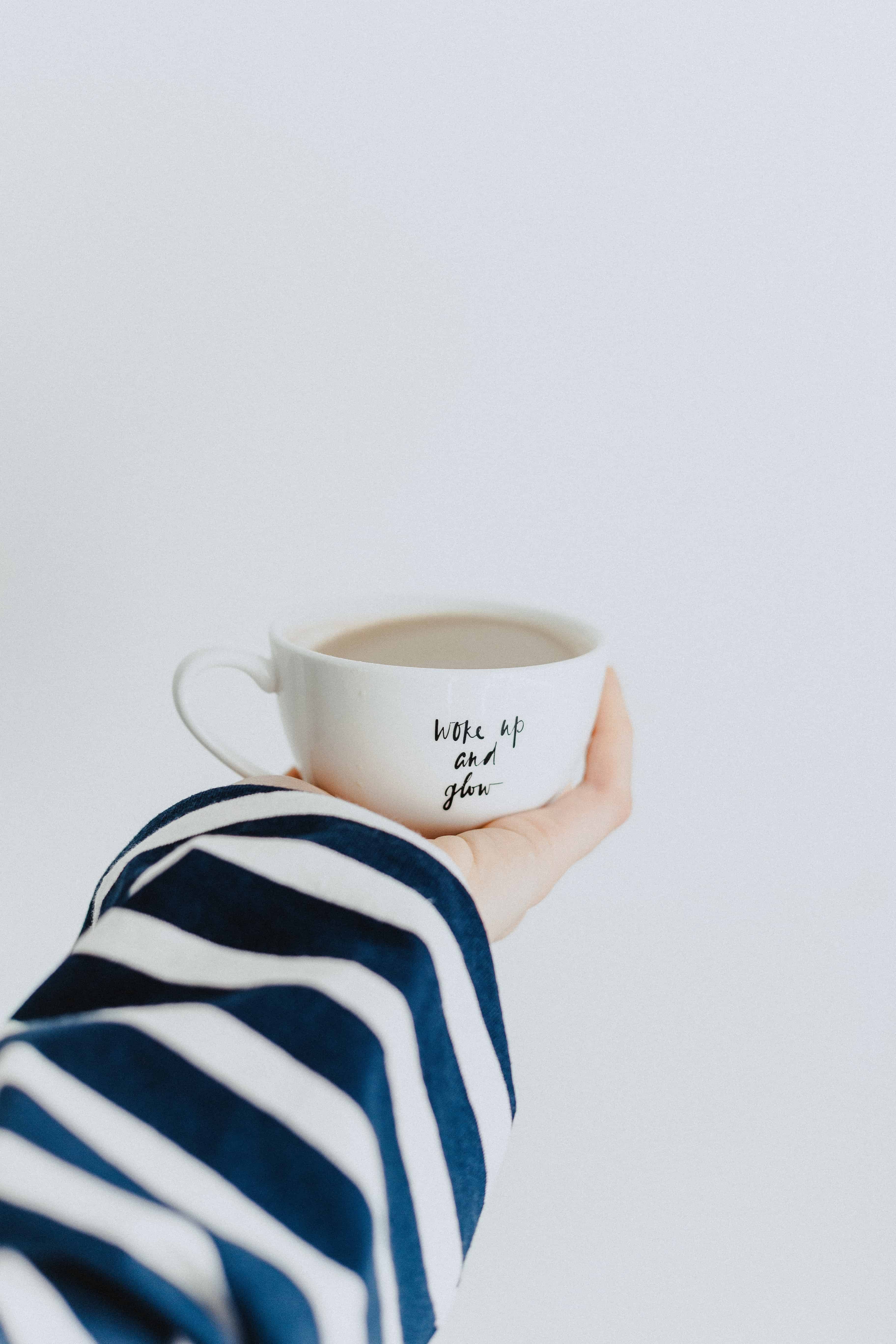
Mindful minimalism slows life down and releases us from this modern frenzy that wants us to live faster. It finds freedom in disengaging and seeks only to keep the necessities. It seeks to keep the significant and eliminate the frivolous. In doing so, minimalism values the intentional activities that make life more valuable.
4. It De-clutters Both Externally and Internally
Minimalism helps to de-clutter both your surroundings and your life. The principles of this lifestyle have assisted quite a number of individuals in finding freedom by getting rid of a lot of the physical clutter in their living spaces.
Many people view minimalism exclusively from an external standpoint; however, there is another step involved in this way of life that provides individuals with the tools to find unity and freedom in their hearts and souls. Minimalism, at its core, is a matter of the heart. Following the removal of the external clutter, space is cleared to address the deepest issues of the heart that greatly impact our lives and relationships.
READ: 12 Ted Talks On Minimalism That Will Inspire You To Simplify Your Life
The life of a mindful minimalist is totally achievable. There are a number of typical individuals and families who were living their lives acquiring as much possession as their salaries and credit cards would permit, until they found minimalism. This has helped them to embrace a lifestyle of intentionality, with a lot less physical and mental clutter; many have vowed to never allow consumerism to control their lives again. They stand as proof that minimalism is totally achievable by anyone who truly seeks it.
Do you live a life of intention? Share your thoughts by commenting below!

One Comment